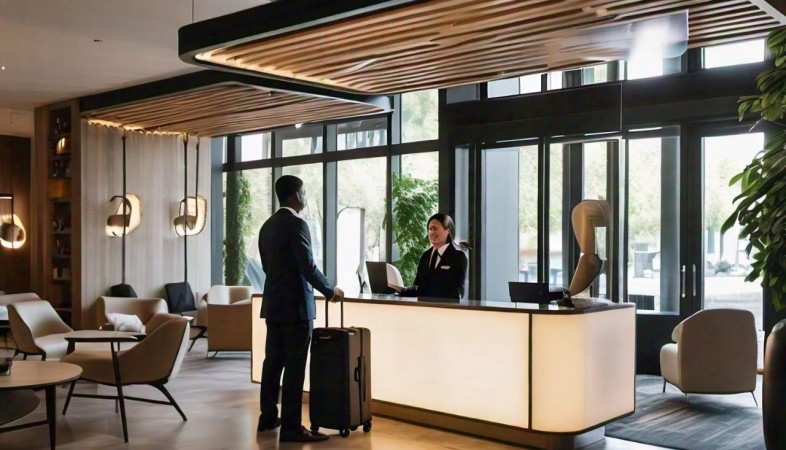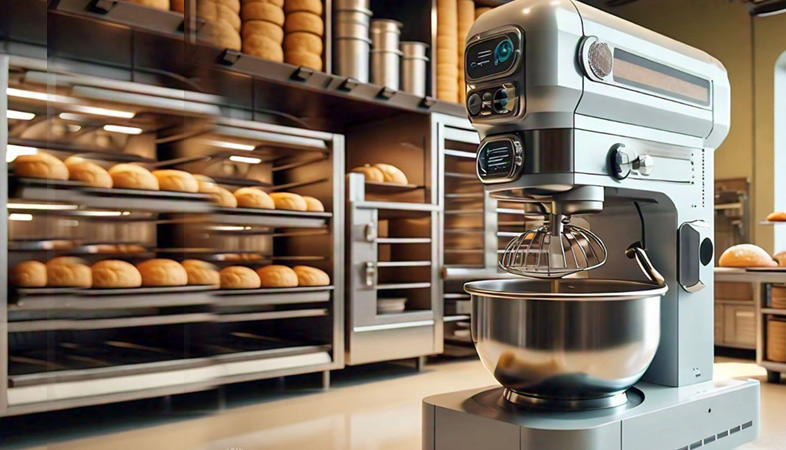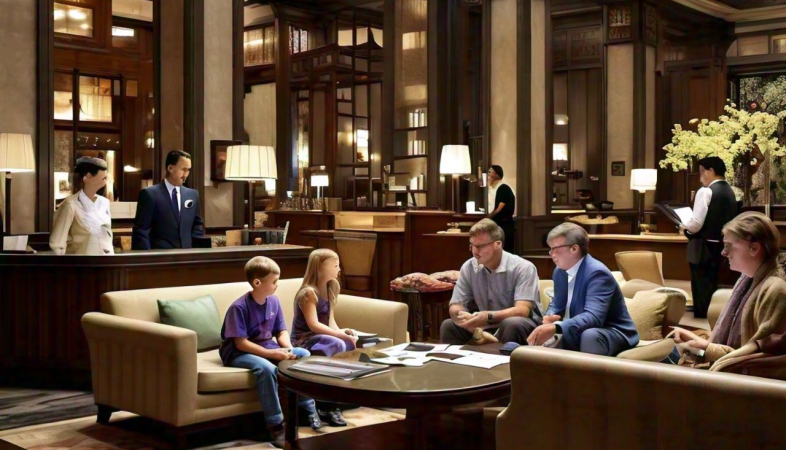Smart Hotels: Integrating Technology for a Seamless Guest Experience
The future of smart hotels looks promising as they continue to innovate and adapt to the ever-changing landscape of guest expectations and technological possibilities.
In recent years, the hospitality industry has undergone a
remarkable transformation, propelled by advancements in technology. Smart
hotels are leading this evolution, utilizing innovative solutions to create a
seamless and enhanced guest experience. These establishments employ a range of
technologies, from mobile apps to Internet of Things (IoT) devices, to cater to
the demands of modern travelers who seek convenience, personalization, and
efficiency during their stay. The integration of technology not only elevates
guest satisfaction but also streamlines operations, ultimately contributing to
the overall success of the hospitality sector.
One of the key features of smart hotels is offering guests greater control over their environment through in-room technology. Travelers can customize various aspects of their stay, including room temperature, lighting, and entertainment options, all at their fingertips. With smart devices like tablets or mobile applications, guests can easily adjust their room settings without traditional controls. This level of personalization enhances the guest experience, allowing individuals to create an atmosphere that aligns with their preferences, whether they desire a cozy, dimly lit space or a bright, energetic environment.
Moreover, smart hotels often implement automated check-in and check-out processes, which significantly reduce wait times and enhance efficiency. Guests can bypass the front desk by checking in via their smartphones and receiving digital room keys that enable access to their accommodations without needing physical cards. This not only streamlines the arrival experience but also allows staff to focus on providing exceptional service to those who require assistance. Such advancements cater to the growing preference for contactless interactions, particularly in a post-pandemic world where hygiene and safety are paramount concerns.
The integration of technology extends beyond individual room controls and check-in processes; it also encompasses the overall hotel experience. Smart hotels utilize advanced data analytics to better understand guest preferences and behavior. By analyzing data from various sources, including booking patterns and feedback, hotels can tailor their services and offerings to meet the specific needs of their clientele. For instance, if a hotel notices a trend in guests frequently ordering room service at a certain time, they can adjust their staffing and menu options to accommodate this demand, enhancing service efficiency and guest satisfaction.
Furthermore, many smart hotels embrace the IoT, connecting various devices and systems throughout the property to create a cohesive and intelligent environment. Sensors can monitor occupancy levels in public areas, adjusting lighting and climate control automatically to optimize energy consumption. This contributes to sustainability efforts and enhances comfort for guests by ensuring that common areas are always welcoming. Additionally, smart systems can streamline housekeeping operations by notifying staff when rooms are vacated, allowing for timely and efficient cleaning.
Guest engagement is another vital component of the smart hotel experience. Many establishments have adopted chatbots and virtual assistants to provide immediate assistance and information. These digital tools can answer frequently asked questions, make reservations, or provide recommendations for local attractions and dining options. By offering 24/7 support, smart hotels ensure that guests receive the information they need at any time, enhancing their overall satisfaction.
The use of mobile technology has transformed the way guests interact with hotel services. Mobile apps allow travelers to make reservations, order room service, book spa treatments, and access amenities with just a few taps. This convenience not only improves the guest experience but also encourages guests to explore the various offerings of the hotel. When guests feel empowered to control their experience through technology, they are more likely to leave satisfied and return in the future.
While the integration of technology offers numerous advantages, it is essential to strike a balance between automation and the human touch. Guests still value personal interactions and authentic experiences. Therefore, staff training and cultivating a warm atmosphere are crucial to ensure that technology enhances rather than replaces the human element of hospitality. Engaging with guests on a personal level can leave a lasting impression that technology alone cannot achieve.
In conclusion, smart hotels are redefining the hospitality landscape by integrating technology to create a seamless guest experience. By offering personalized control over the environment, streamlining operations through automation, and enhancing engagement with data-driven insights, these establishments are well-positioned to meet the demands of modern travelers. The future of smart hotels looks promising as they continue to innovate and adapt to the ever-changing landscape of guest expectations and technological possibilities.
.png)





























